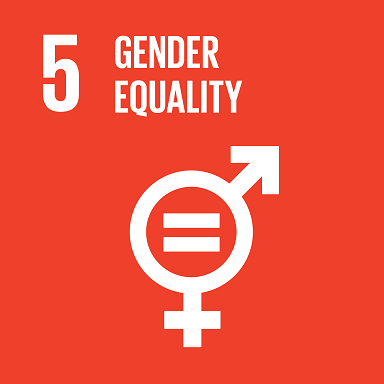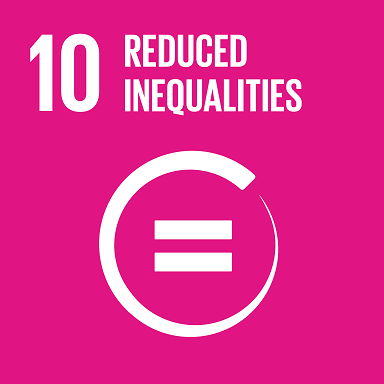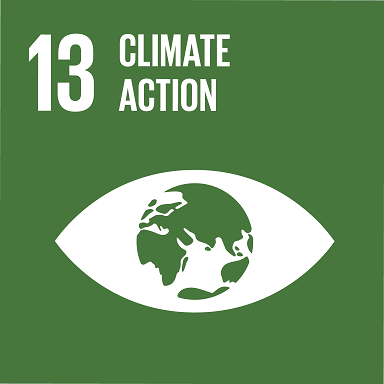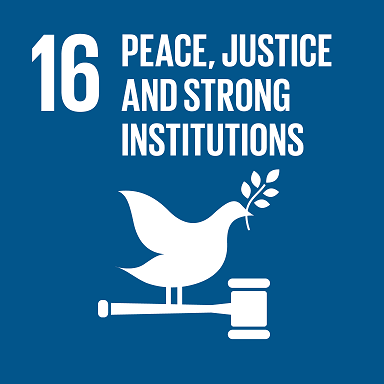Lessons Learnt
Departamento Nacional de Planeación (DNP) - Colombia
Fundación Internacional y para Iberoamérica de Administración y Políticas Públicas (FIIAPP) - España
Ministerio de Economía y Finanzas - Perú
Ministerio de Hacienda - Paraguay
Ministerio de Planificación (MIDEPLAN) - Costa Rica
Oficina de Planeamiento y Presupuesto (OPP) - Uruguay
Secretaría Técnica Planifica Ecuador - Ecuador





Applying opportunity criterion in the selection of evaluations
Description of the action that gave rise to the learning:
Initially the project established a number of priority subjects for the evaluation work throughout its implementation. However, policy priorities are highly variable and it is difficult to align ministries, agencies and sectoral actors that are working on a given policy.
Therefore, high level political leadership and support is essential in order to carry out quality evaluations. Based on this fact, the project started selecting evaluations depending on the timeliness and feasibility of the process, rather than on the initially prioritized subjects.
In this way, the project has developed significant experience in evaluating subjects that have been put on the table throughout its implementation and not before, such as gender equity, violence against women or human trafficking
Experience gained:
With regard to the building of a practice of triangular cooperation between countries, it is important to:
- Select evaluations based on the timeliness and feasibility of the process.
- Give importance to all the subjects, each case being an opportunity to lay the foundations for cooperation between countries.
Impacts:
Establishing a timeliness criterion in the selection of evaluations allows to:
- Create a basis of trust between the project and the institutions, which is key to developing complex products involving several sectors.
- To contribute with seriousness, rigor and respect to the policies, programmes and organizational and administrative processes of each country.
The added value of Triangular Cooperation: (more information here)
1. Building ownership and trust.
2. Promoting complementarity and increasing coordination in development cooperation.
3. Sharing knowledge and learning jointly.
4. Co-creating solutions and flexibility.
5. Enhancing the volume, scope and sustainability of Triangular Cooperation
6. Achieving global and regional development goals through strengthened partnerships for sustainable development.
Useful links to deepen or support this knowledge:
https://www.adelante-i.eu/la-lucha-contra-la-trata-de-personas-desde-la-evaluacion-de-politicas-publicas
https://www.adelante-i.eu/evalua-presenta-en-costa-rica-los-resultados-de-la-evaluacion-de-la-politica-nacional-de-igualdad-de
RELATED FILES
Thanks to the project, the first unique tool for the assessment at the regional level of transversal and socio-emotional competences has been created, which will allow the collection of data from different countries in order to compare them and get a comprehensive view of the subject.
Adapting project results to the context of each country to encourage the necessary prominent role of all actors, making the most of the flexibility of Triangular Cooperation projects.




